2025

Noushin Nasiri
Associate Professor Noushin Nasiri, winner of the David and Valerie Solomon Medal, has developed groundbreaking nanotechnology and nanosensing innovations such as SunWatch, a watch that measures how much UV is absorbed by someone’s skin and can help prevent skin cancer, and the NanoElectronic Nose, a sensor that can detect disease in someone’s breath, which can help detect disease early and in a less invasive way.
2024
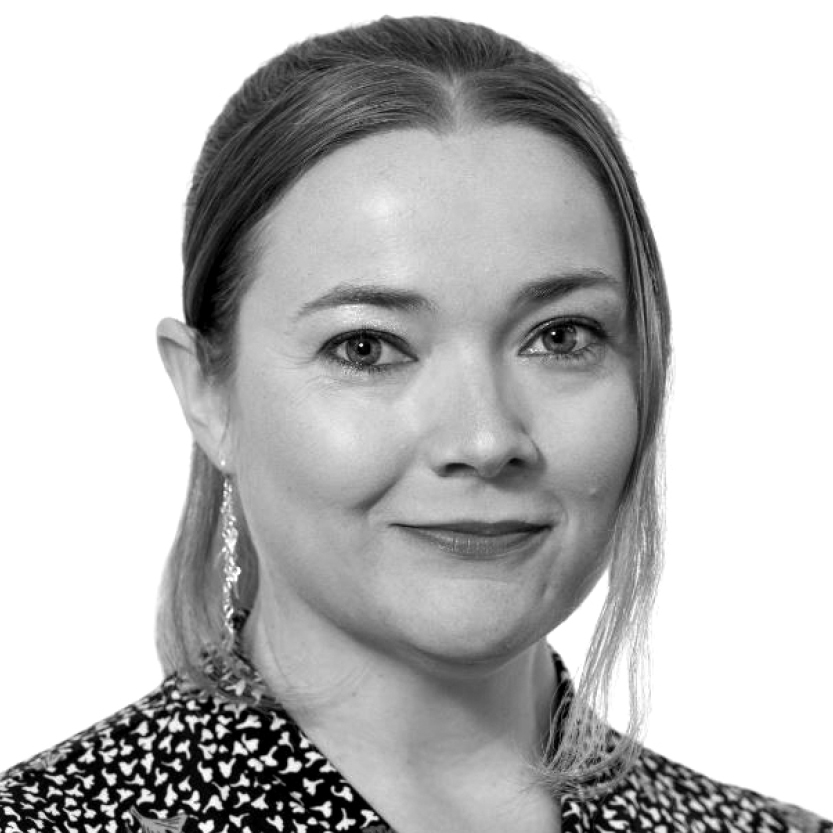
Professor Sara Couperthwaite
2024 winner
2024 winner
Professor Sara Couperthwaite is an industrial chemist at Queensland University of Technology. Her research aims to transform the sustainability of mineral processing and secure critical minerals to power the renewable energy transition.
Sara leads a research team that achieved a breakthrough in the production of high purity alumina (HPA), a material that improves the performance and safety of lithium-ion batteries. In a cutting-edge partnership with Lava Blue, she is developing and commercialising a pathway to transform mining waste, which currently fills tailings dams across Australia, into HPA for export markets. This innovative collaboration was awarded a 2023 Australian Financial Review Higher Education Award (Industry Engagement). Sara has also received an ARC Mid-Career Industry Fellowship to focus on developing sustainable critical mineral supplies using technology not dependent on fossil fuels. Sara is passionate about fostering a future sustainability-oriented workforce, through industry-immersive pathways for science and engineering students, and through training at the Lava Blue ‘mini-plant’ to increase Australia’s capacity in critical minerals.
Sara leads a research team that achieved a breakthrough in the production of high purity alumina (HPA), a material that improves the performance and safety of lithium-ion batteries. In a cutting-edge partnership with Lava Blue, she is developing and commercialising a pathway to transform mining waste, which currently fills tailings dams across Australia, into HPA for export markets. This innovative collaboration was awarded a 2023 Australian Financial Review Higher Education Award (Industry Engagement). Sara has also received an ARC Mid-Career Industry Fellowship to focus on developing sustainable critical mineral supplies using technology not dependent on fossil fuels. Sara is passionate about fostering a future sustainability-oriented workforce, through industry-immersive pathways for science and engineering students, and through training at the Lava Blue ‘mini-plant’ to increase Australia’s capacity in critical minerals.
2023
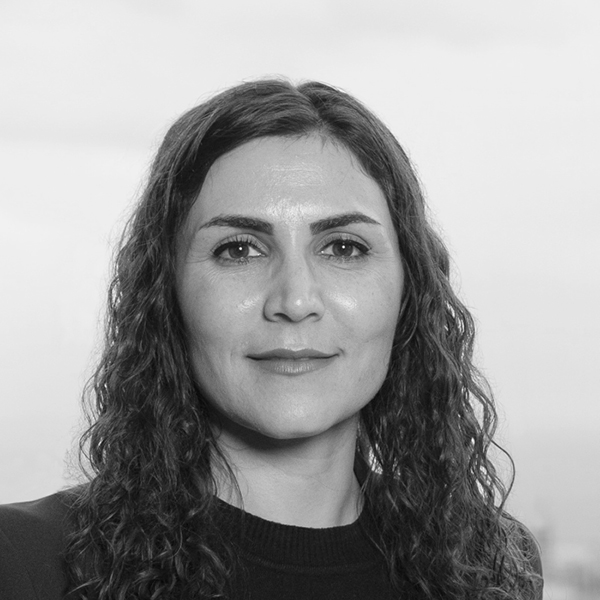
Dr Marzi Barghamadi
2023 Winner
2023 Winner
Dr Marzi Barghamadi is a Research Scientist at CSIRO Manufacturing leading the Battery Materials and Design team. She works across a variety of different energy storage devices and tackles some of the biggest challenges in battery research by improving the cycle life and safety of lithium batteries.
Lithium-ion batteries are found in everyday life – powering our phones, laptops and electric vehicles. While they are fast and easy to charge, lithium-ion batteries have limited energy density. Marzi is collaborating across multiple leading industries to enhance the energy density of batteries, which will have the potential to store more energy and deliver increased power. She is the co-inventor of a power optimised lithium-ion energy storage device.
Through her research on lithium-sulfur batteries, she has made significant progress towards improving the safety of this emerging energy storage technology using alternative electrolyte additives and solvents.
An advocate for women in STEM, Marzi has won multiple awards including the prestigious L’Oréal-UNESCO For Women in Science Fellowship in 2020, and a Clean Energy Council’s Chloe Munro Scholarship for emerging female leaders in 2021.
Lithium-ion batteries are found in everyday life – powering our phones, laptops and electric vehicles. While they are fast and easy to charge, lithium-ion batteries have limited energy density. Marzi is collaborating across multiple leading industries to enhance the energy density of batteries, which will have the potential to store more energy and deliver increased power. She is the co-inventor of a power optimised lithium-ion energy storage device.
Through her research on lithium-sulfur batteries, she has made significant progress towards improving the safety of this emerging energy storage technology using alternative electrolyte additives and solvents.
An advocate for women in STEM, Marzi has won multiple awards including the prestigious L’Oréal-UNESCO For Women in Science Fellowship in 2020, and a Clean Energy Council’s Chloe Munro Scholarship for emerging female leaders in 2021.
2022
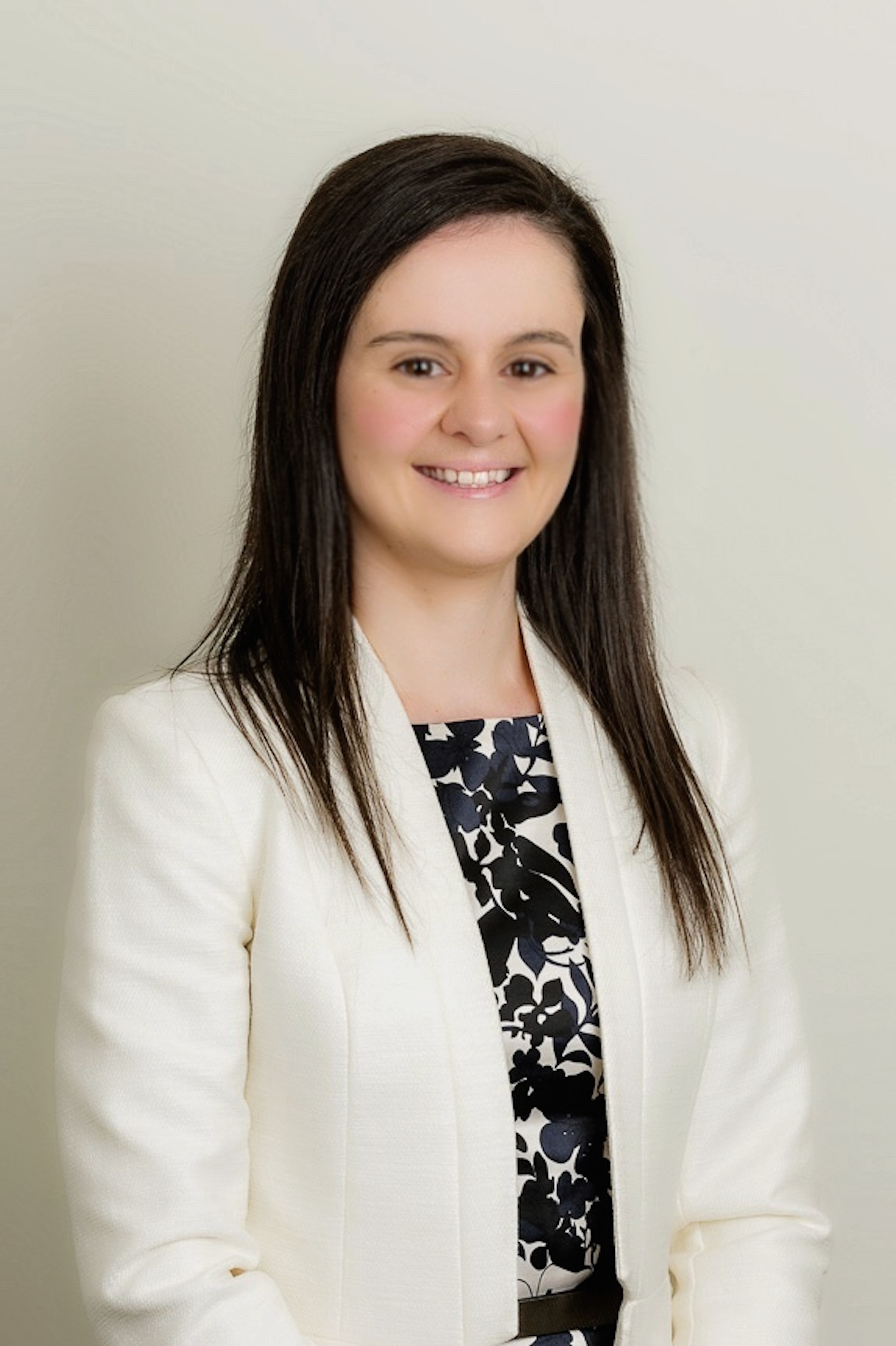
Laura Downie
2022 Winner
2022 Winner
Associate Professor Laura Downie is recognised internationally for her leadership in evidence-based vision care, particularly in the area of dry eye disease for which she has engaged with leading international bodies, including the World Health Organisation (WHO).
Dry eye disease is a common eye condition in developed countries, affecting about 20 per cent of adults. Accurate and early diagnosis is a major clinical challenge because many current tests are invasive, time-consuming and inaccurate.
Laura co-invented a device that has capacity to revolutionise dry eye diagnosis. The Acoustically-Driven Microfluidic Extensional Rheometry (ADMiER) device enables eye care practitioners to gently take a patient’s tear droplet and test it immediately to determine if the patient has dry eye disease and, if so, which subtype.
Patients will benefit from enhanced diagnosis and more well-informed treatment, leading to improved outcomes. Laura received the 2019 American Academy of Optometry Foundation’s Korb-Exford career development grant to support the ADMiER device’s clinical validation. Laura is now leading a comprehensive cross-disciplinary development team to progress the technology towards clinical translation.
Dry eye disease is a common eye condition in developed countries, affecting about 20 per cent of adults. Accurate and early diagnosis is a major clinical challenge because many current tests are invasive, time-consuming and inaccurate.
Laura co-invented a device that has capacity to revolutionise dry eye diagnosis. The Acoustically-Driven Microfluidic Extensional Rheometry (ADMiER) device enables eye care practitioners to gently take a patient’s tear droplet and test it immediately to determine if the patient has dry eye disease and, if so, which subtype.
Patients will benefit from enhanced diagnosis and more well-informed treatment, leading to improved outcomes. Laura received the 2019 American Academy of Optometry Foundation’s Korb-Exford career development grant to support the ADMiER device’s clinical validation. Laura is now leading a comprehensive cross-disciplinary development team to progress the technology towards clinical translation.
2021
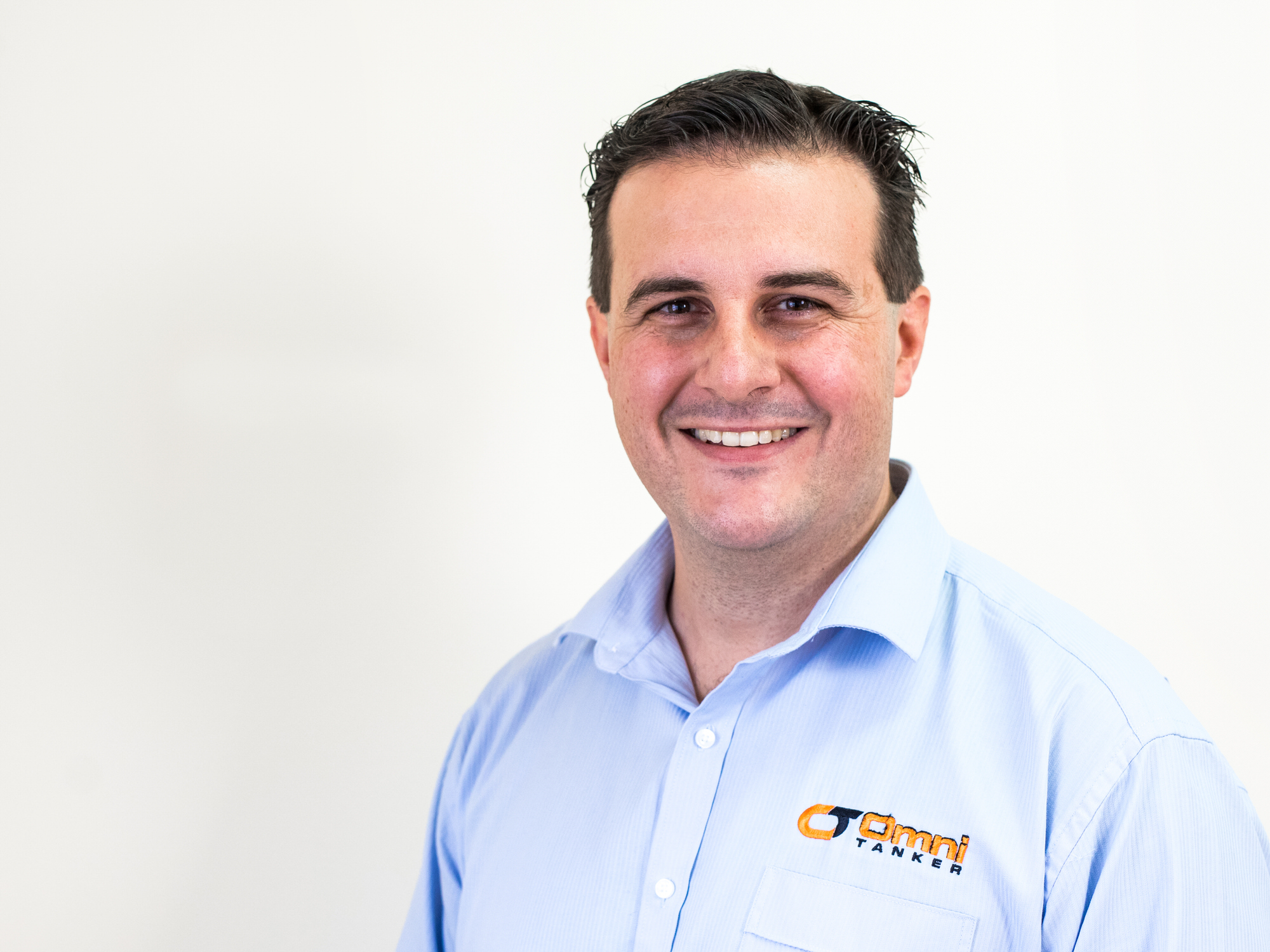
Dr Luke Djukic
2021 Winner
2021 Winner
Dr Luke Djukic is an outstanding aerospace engineer who is improving the safety and efficiency of transporting dangerous goods such as highly corrosive chemicals internationally.
Dr Djukic has dedicated his career to growing the Australian advanced composites industry, specialising in research and innovation. During the past five years he’s worked as Chief Technical Officer at Omni Tanker and under his technical leadership this Australian enterprise has become internationally recognised for its high integrity, technology-based dangerous goods transport products.
Omni Tankers’ thermoplastic-lined carbon fibre composite tank solutions are now servicing Australia, Europe, Northern America, New Zealand and Saudi Arabia in the form of United Nations portable tank containers, swap tank containers and road tankers.
Dr Djukic is a member of a United Nations working group which is developing transport regulations that will have substantial impact, bringing worldwide safety improvements as they permeate international standards.
Dr Djukic has dedicated his career to growing the Australian advanced composites industry, specialising in research and innovation. During the past five years he’s worked as Chief Technical Officer at Omni Tanker and under his technical leadership this Australian enterprise has become internationally recognised for its high integrity, technology-based dangerous goods transport products.
Omni Tankers’ thermoplastic-lined carbon fibre composite tank solutions are now servicing Australia, Europe, Northern America, New Zealand and Saudi Arabia in the form of United Nations portable tank containers, swap tank containers and road tankers.
Dr Djukic is a member of a United Nations working group which is developing transport regulations that will have substantial impact, bringing worldwide safety improvements as they permeate international standards.
2020
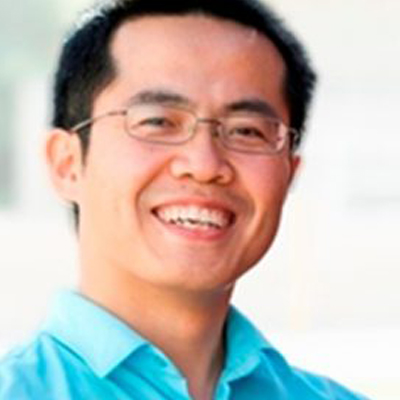
Dr Gang (Kevin) Li
2020 Winner
2020 Winner
Dr Li has earned three patent applications and a $1 million Global Innovation Linkage Grant, and he’s worked with industry partners to establish a new company to commercialise this research, in collaboration with industry partners.
His company, Gas Capture Technologies Pty Ltd has scaled up the technology from grams to tonnes, placing Australia as a global leader in gas processing technology.
The David and Valerie Solomon Award recognises an early-mid career science or technology graduate working in academia, research or industry R&D who demonstrates the substantial ability to foster research-industry collaboration and knowledge transfer for the benefit of Australia.
His company, Gas Capture Technologies Pty Ltd has scaled up the technology from grams to tonnes, placing Australia as a global leader in gas processing technology.
The David and Valerie Solomon Award recognises an early-mid career science or technology graduate working in academia, research or industry R&D who demonstrates the substantial ability to foster research-industry collaboration and knowledge transfer for the benefit of Australia.
2019
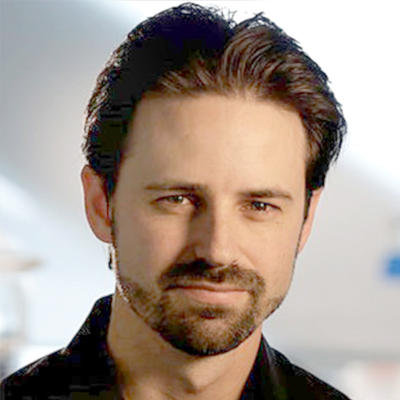
Matthew Hill
2019 Winner
2019 Winner
CSIRO and Monash University’s Matthew Hill received the Solomon Award for developing ‘magic crystals’ with dozens of applications from cleaning gases and liquids to mining and drug production.
Matthew Hill GAICD is Associate Professor at Monash Chemical Engineering, and Principal Research Scientist at CSIRO Manufacturing, with a PhD from UNSW (2006). Matt’s team has pioneered the reduction to practise of metal organic frameworks (MOFs) – the world’s most porous materials, made almost entirely of identically-sized holes. Like a sponge, MOFs can store and release molecules such as hydrogen on demand; or like a sieve, MOFs can separate molecules such as CO2 from the air. Originally only made in test tubes, Matt has invented a new chemical processing technology to produce MOFs at 10 kg per hour, enabling commercial usage.
Associate Professor Matthew Hill is an exceptional nominee for the 2019 Solomon Award. Matthew’s key demonstration of excellence, innovation, and impact arises from his discovery and implementation of flow chemistry to provide reliable scaling to MOF synthesis. This transformative technology, and the applications made possible, take MOFS from scientific curiosity to the next powerhouse material in industrial design for catalysis, membrane, and other applications. On the way to developing this technology, Matthew has also produced 58 publications in the past 5 years, 13 patents, and been granted 2 licences granted.
Matthew brilliantly crosses the interface of chemistry and chemical engineering and he creates new discoveries and new practical processes by fully embracing both fields. Matthew successfully navigates a full joint position between Engineering and CSIRO, which delivers improved engineering outcomes on several fronts. Firstly, Monash students gain hands-on experience in CSIRO’s applied engineering research. Secondly, CSIRO gains earlier visibility of new discoveries, familiarity with their potential, and much better ability to translate research outcomes to practical use.
Matthew’s signature contribution, mass production, flow chemistry methods for MOFs, make possible numerous new technologies particularly carbon dioxide capture directly from the atmosphere and robust membrane technologies that avoid typical aging problems. These are spectacular accomplishments that address major societal challenges and significantly advance the field of chemical engineering. Matthew is an outstanding young engineering researcher, and I have no hesitation in proposing him for this prestigious award.
Matthew Hill GAICD is Associate Professor at Monash Chemical Engineering, and Principal Research Scientist at CSIRO Manufacturing, with a PhD from UNSW (2006). Matt’s team has pioneered the reduction to practise of metal organic frameworks (MOFs) – the world’s most porous materials, made almost entirely of identically-sized holes. Like a sponge, MOFs can store and release molecules such as hydrogen on demand; or like a sieve, MOFs can separate molecules such as CO2 from the air. Originally only made in test tubes, Matt has invented a new chemical processing technology to produce MOFs at 10 kg per hour, enabling commercial usage.
Associate Professor Matthew Hill is an exceptional nominee for the 2019 Solomon Award. Matthew’s key demonstration of excellence, innovation, and impact arises from his discovery and implementation of flow chemistry to provide reliable scaling to MOF synthesis. This transformative technology, and the applications made possible, take MOFS from scientific curiosity to the next powerhouse material in industrial design for catalysis, membrane, and other applications. On the way to developing this technology, Matthew has also produced 58 publications in the past 5 years, 13 patents, and been granted 2 licences granted.
Matthew brilliantly crosses the interface of chemistry and chemical engineering and he creates new discoveries and new practical processes by fully embracing both fields. Matthew successfully navigates a full joint position between Engineering and CSIRO, which delivers improved engineering outcomes on several fronts. Firstly, Monash students gain hands-on experience in CSIRO’s applied engineering research. Secondly, CSIRO gains earlier visibility of new discoveries, familiarity with their potential, and much better ability to translate research outcomes to practical use.
Matthew’s signature contribution, mass production, flow chemistry methods for MOFs, make possible numerous new technologies particularly carbon dioxide capture directly from the atmosphere and robust membrane technologies that avoid typical aging problems. These are spectacular accomplishments that address major societal challenges and significantly advance the field of chemical engineering. Matthew is an outstanding young engineering researcher, and I have no hesitation in proposing him for this prestigious award.







